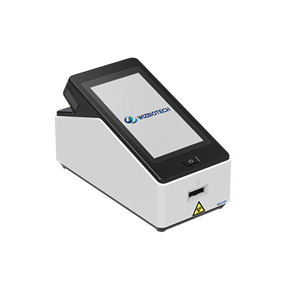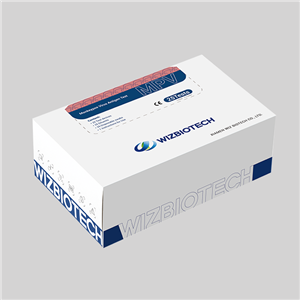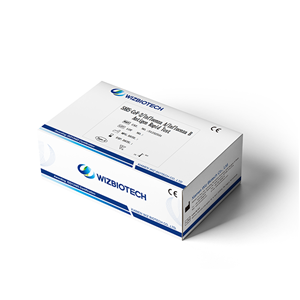World Blood Donor Day: Care for others, give love
World Blood Donor Day is held on 14 June each year to raise awareness and awareness of blood donation and encourage more people to donate their love and help others in their lives. Donating blood not only saves lives, it also provides an important resource for medical research and helps scientists better understand human health and disease.
Before donating blood, a series of tests such as virus indicators, routine blood tests, liver and kidney function tests, and nutritional status assessment are carried out. Through these basic checks, you can understand the physical health of the donor and ensure that the donated plasma is safe and effective.
The five-card detection of infectious diseases can be used as a quick, accurate and convenient detection method before blood donation. The test can simultaneously detect human immunodeficiency virus (HIV), hepatitis B virus (HBV), hepatitis C virus (HCV), syphilis and blood type, avoiding potential infectious diseases into the blood supply chain and ensuring the safety of blood donors and recipients.
In addition to the infectious disease card can be used during blood donation, the infectious disease card can also be used for the screening and prevention of staff in medical institutions, especially doctors, nurses and other medical personnel who have more contact with infectious disease patients. For customs, border and quarantine personnel at ports of entry.
Wizbiotech independently developed theinfectious disease five-link card detection reagent(Diabench), which was exported to Germany, Italy, Spain and other countries. Diabench has the characteristics of high sensitivity, high specificity, fast and convenient, and can provide accurate detection results in a short time. As a supplier committed to providing POCT system solutions, Wizbiotech has been striving to contribute to the global medical and health cause. In the future, Wizbiotech will continue to innovate, improve the quality and performance of products, and make greater contributions to the cause of blood donation and infectious disease prevention and control.




